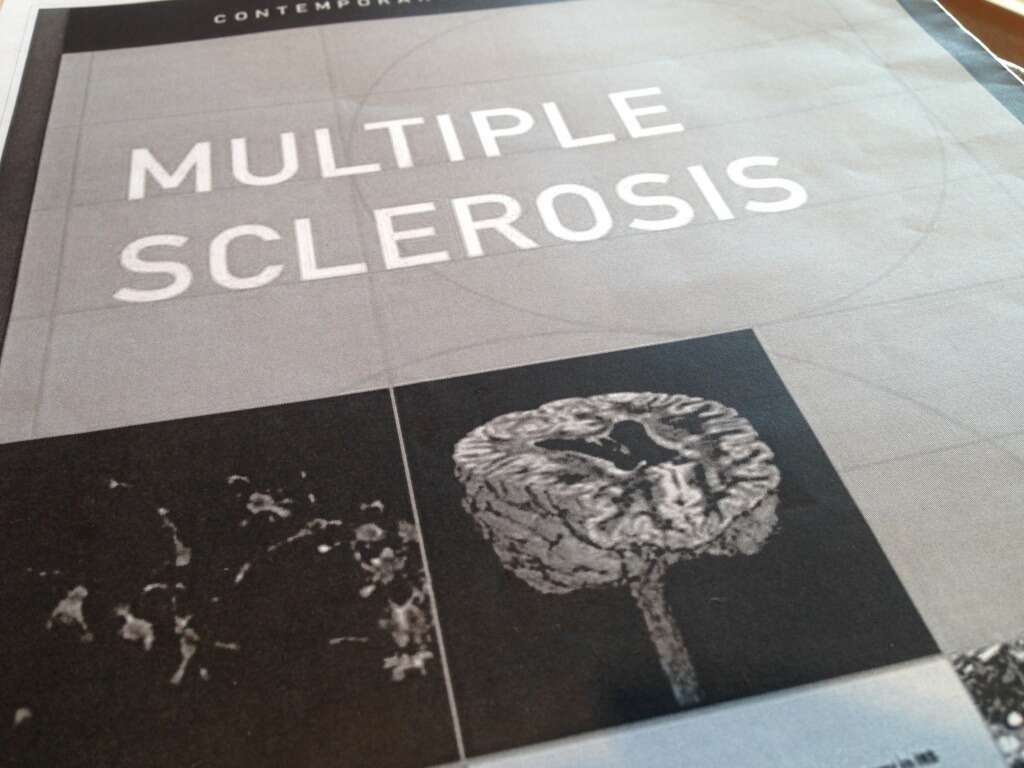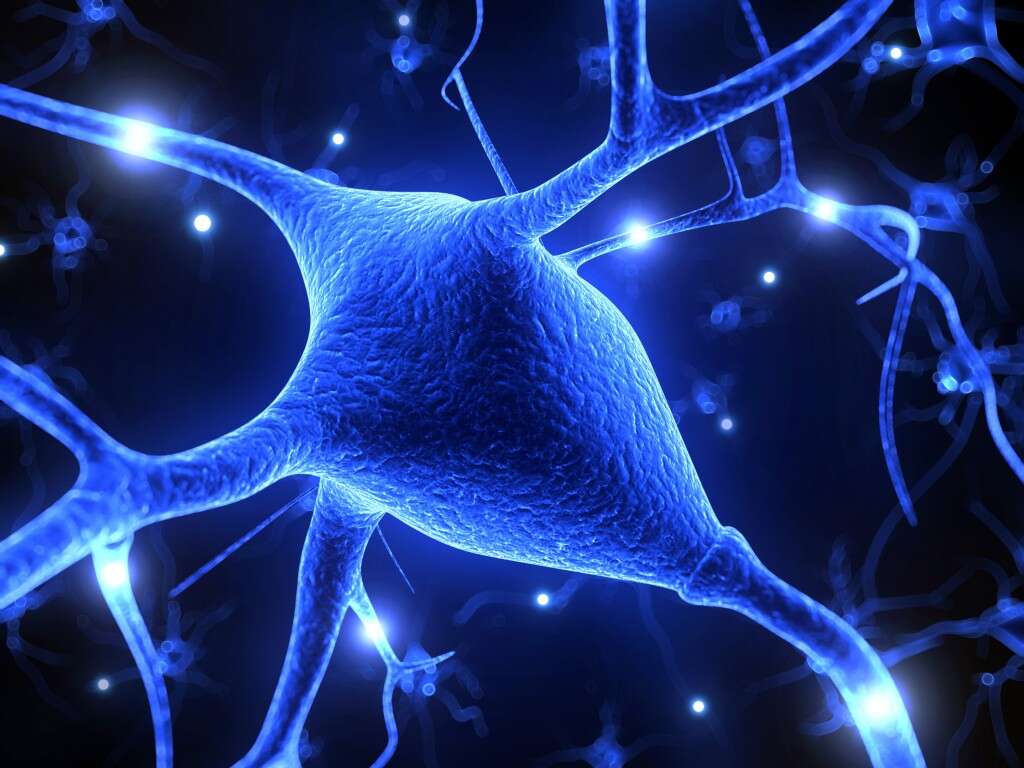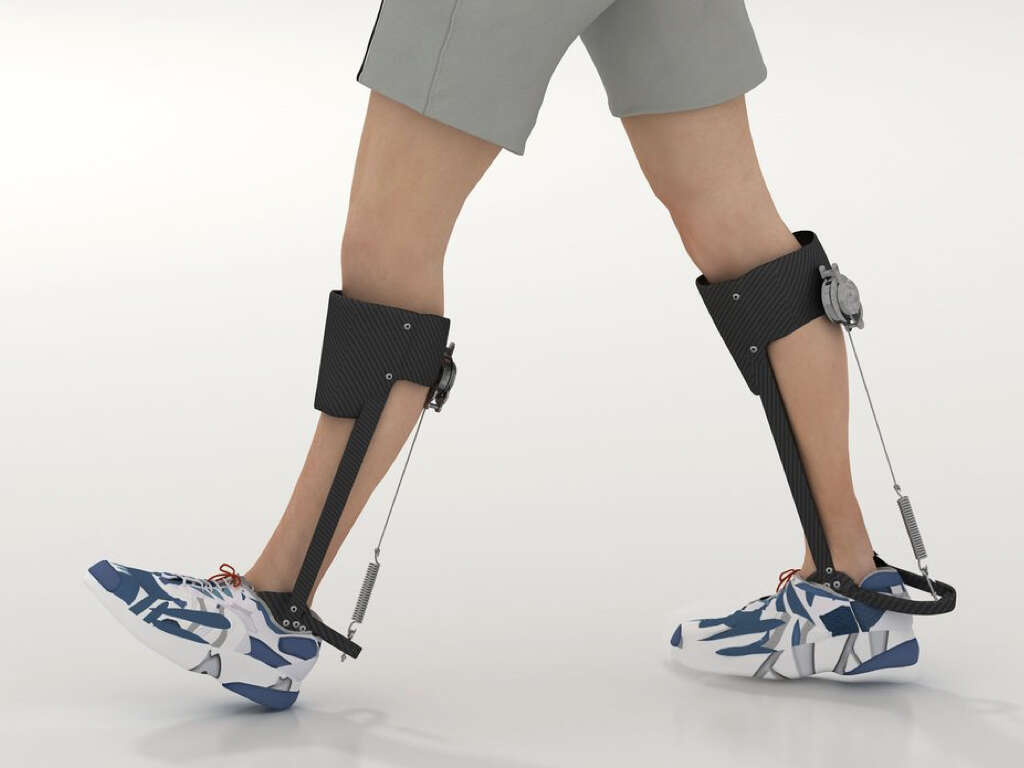Early Signs of MS
Multiple sclerosis (MS) is a chronic inflammatory disease where the insulating covers on the nerve cells in the central nervous system (brain and spinal cord) are damaged. It is a disease that can have a relapsing and remitting pattern with short durations of neurological deficits that may resolve partially or completely. Some patients will experience continuous neurological deterioration.
The cause of MS is still unclear but a combination of factors have been implicated. MS is usually diagnosed based on clinical findings, laboratory investigations, and medical imaging. Treatment often involves various aspects with both pharmacological and nonpharmacological options.
1. Mechanism
In MS, the insulating covers of the nerve cells in the central nervous system are damaged. These lesions are known as plaques and often appear indurated (sclerosis). The location of the lesions usually dictates the symptoms that the patient experiences. This is also why patients with MS may experience many different symptoms. Although the cause is unclear, it is believed to be an immune-mediated condition that occurs due to an interaction of the patient’s genetics and environmental factors. The damage (at least some of it) is believed to be caused by the patient’s own immune system attacking the nervous system.
2. Causes
Although the cause is unclear, some of the factors that have been implicated include genetic and molecular factors. Twin studies have found that genetic factors only have a modest effect in MS. However, the combination of predisposing genetics and environmental factors increases the likelihood of MS.
The risk of MS is 7 times higher compared to the general population if there is a first-degree family member who has MS. Viral infections have also been thought to contribute to the development of MS as the virus may activate parts of the immune system that would otherwise be dormant. Location is also an important factor as the incidence of the disease decreases in the equatorial regions compared to the northernmost and southernmost parts of the world. Another possible factor includes low levels of vitamin D.

3. Statistics
In the United States, there is estimated to be about 58 to 95 cases of MS per 100,000 individuals. Per the National Multiple Sclerosis Society, there are about 400,000 MS patients in the United States. However, misdiagnosis is common. Globally, there is an estimated 2.1 million individuals afflicted with MS.
It is a disease that affects individuals of all races in all parts of the world. The rates are lower among the Japanese, Chinese, and African blacks while the number of cases increases among Palestinians, Parsis, and Sardinians. MS is more common among women and is generally diagnosed among those between the ages of 15 to 45.
4. Early Signs of MS - Vision
MS is a disease where there is no typical pattern that applies to all individuals. Different symptoms are common among patients. However, one of the early symptoms would be having an issue with vision. It is also one of the more characteristic symptoms of MS. Patients with MS often report loss of vision, decreased color contrast, blurry vision, double vision, or pain when the eye moves.
This occurs as MS can cause inflammation of the optic nerve. Optic neuritis has been reported to be the first symptom in about 20% of patients with MS. Eventually, it goes on to affect about 40% of patients throughout the course of their disease. Besides the symptoms above, the patient may also describe transient flashes of light that lasts from several hours to months.

5. Early Signs of MS - Paresthesia and Fatigue
Paresthesia can be described as an abnormal sensation of the skin where there is a numbness, tingling, burning, prickling, or chilling sensation despite no physical cause. In MS, it can affect the feet, legs, arms, hands, or face. It can be so severe to the point it affects daily routines such as eating, bathing, dressing, and more.
Fatigue occurs in about 70% of MS patients. It should be differentiated from inadequate sleep, exhaustion due to exertion, and depression. Fatigue can be described as a feeling where there is lack of mental or physical energy to the extent where it interferes with activities; 50% to 60% of patients describe fatigue as one of the most bothersome symptoms. It is also the main reason for unemployment among MS patients.
6. Early Signs of MS - Urinary, Bowel, and Walking Difficulties
Bladder issues occur in many MS patients. It is also an issue that many patients often feel embarrassed to discuss about with their doctor. Patients may experience increased urinary frequency, incontinence, and incomplete evacuation. It is a significant problem that affects the patient’s social life and daily routines. In advance MS, there may be recurrent urinary tract infections.
One of the most common bowel-related issues that MS patients face is constipation. This occurs when there is difficult or infrequent passage of stools. In MS, it can be due to immobility or having a neurogenic bowel (slowed bowel activity). It may also occur when patients limit their fluid intake to control their bladder symptoms or have less access to fluids due to immobility. Patients may also experience walking difficulties because of sensory deficits like weakness and numbness that contributes to balancing issues.

7. Early Signs of MS - Sexual, Cognitive, and Emotional Problems
Sexual problems are also common among MS patients. It can affect desire, sensation, or function in both men and women. Besides physical function, patients with MS are also often depressed, resulting in decreased desire. Many patients find it hard to discuss their sexual issues with their doctor.
Cognitive problems such as poor concentration, slow thinking, and brain fog are also early symptoms among MS patients. It can result in speech difficulty as word recollection and association becomes challenging. With the onset of MS, patients often face emotional changes such as depression. This can be due to the diagnosis or neurological changes the patient faces. There can be uncontrolled laughter, crying, irritability, and mood swings.
8. Treatment
Although there is no known cure, treatment and management of MS aims to control progression of the disease, improving function of the patient, preventing disability, and reducing relapses. Medication is usually prescribed after the first episode if lesions are seen via medical imaging.
Medications such as intravenous corticosteroids can be prescribed for acute MS attacks. Disease modifying drugs such as alemtuzumab and natalizumab can also be prescribed. Rehabilitation programs such as psychological and physical therapies have been proven to be effective. Besides pharmacological treatment, more than half of MS patients also seek alternative treatments such as relaxation techniques, herbal medicine, and acupuncture. However, there is little evidence for the effectiveness.

9. Prognosis
More than 30% of MS patients who do not receive treatment will develop significant physical disabilities 20 to 25 years after the onset of their disease. Some of the medications such as the disease-modifying agents have been found to help slow the progression of disability throughout the duration of the research. However, the long-term maintenance of these effects are not known.
Less than 5% to 10% of MS patients have a mild type. This means that there is no accumulation of physical disability with time. Male patients with progressive MS generally have the worst prognosis as they respond less to treatment and have rapidly accumulating disability. The life expectancy among MS patients is slightly shorter with the survival rate being linked to disability.
10. Patient Education
Patient education is always important to increase patient compliance. In MS, patients should be educated regarding the purposes of their medications and potential side effects. Both patients and family members should know what to expect and how to manage issues related to fatigue, pain, bowel, bladder, spasticity, and sexual function.
Caregivers for severe cases of MS will require training in management of bowel, urinary, skin, and transfer techniques. Due to the high possibility of falls, patients with MS may require equipment such as wheelchairs or walkers. Support groups and valuable resources such as those from the National Multiple Sclerosis Society can be greatly beneficial for both patients and their family.









